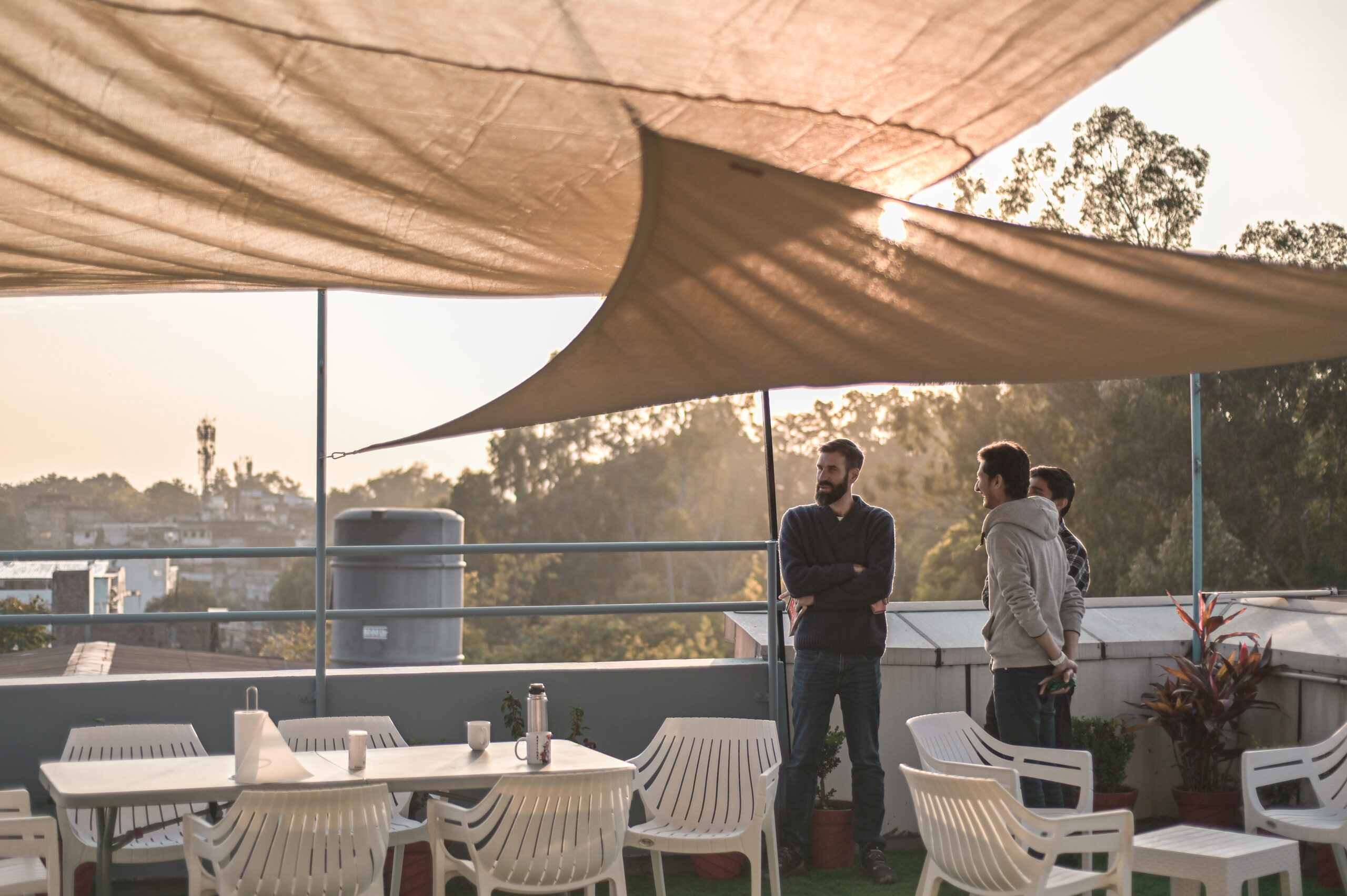Business Lessons Overseas

5 tips for how cross-cultural business can thrive and make an impact.
Growing up in Ecuador was an incredible experience that I would not trade for anything. It is a beautiful country with an amazingly rich culture. In Ecuador, I learned how much I enjoyed business by haggling in the marketplace, but I also saw the effects of deep poverty among my friends. I hoped someday to be able to use business as a way to empower others. I learned a few business lessons while growing up in Ecuador that have proved helpful to my current work at Rubico, an international web development company.
1. Learn About Cross-Cultural Differences When Doing International Business
Many fellow gringos would visit our family in Ecuador and were often frustrated by their negotiating experiences when they bought from the local markets. Simple things, such as the weight of “yes” and “no,” would drive people crazy! To an American “yes” means “yes” and “no” means “no.” To an Ecuadorian, “yes” means “hmmm…” and “no” is practically a bad word. For an Ecuadorian, the American “yes” is based on how many times they say “yes” and how enthusiastically they say “yes.” Understanding this is crucial to reaching an agreement. India is very similar to Ecuador in this sense. A good book to read when working with Indian teams is “Speaking of India”.
2. Take an Expert with You if You are Walking into Unfamiliar Territory
We recommended that most gringos go to the market with someone familiar with the culture. This would help with language differences and getting the local price instead of the gringo price. This advice is true in the tech world as well. Technical conversations can sound like a foreign language to many of us. If you aren’t technical and need to make a technical decision, I would highly recommend bringing someone to calls who understands the lingo and can make sure that you are being offered the best technical solution for your problem.
3. Social Impact should not be your Financial Undoing
I worked at this awesome cafe in Loja that not only served great coffee and food, but also taught English for free and offered free counseling. Helping young adults advance their careers through learning another language and helping those struggling with their mental health were important for the community. Unfortunately, this became so much the focus of the cafe that financials became secondary. Inevitably, the cafe went out of business. Now none of those services can be offered. The most sustainable way to help others is through a profitable organization.
4. Create a Sliding Scale for the People You want to Help the Most
My family ran an ophthalmology clinic in the Andes to help the rural poor with their vision. In order to make the clinic sustainable, we made it a for-profit business, but some of the people we set up the eye clinic to help were not able to afford it. In order to help those for whom we created the eye clinic, we created a sliding scale. Because we lived in a small rural community we knew most people’s socio-economic status from their last name. If they did not have the money to pay for their appointment we would set up a system where they could pay with eggs or a delicious chimichurri sauce. Just make sure your bottom line stays healthy so that you can continue to help others.
5. Free is not Valued
At first we offered eye glasses for free to these poorer families, but they kept coming back with broken glasses. As soon as we asked people to pay for them (even if it was with a payment of just a few eggs) the broken glasses problem stopped. People value what they pay for.
Conclusion
In summary, the business lessons I learned growing up revolved around understanding the culture. Get to know the people and culture that you are working with and if you aren’t an expert bring one into the conversation. If you are using your business for a greater purpose than a good bottom line, don’t forget about the business lessons regarding the bottom line. Without a sustainable business, your social impact cannot survive. If you have not been to Ecuador I highly recommend going! It is a beautiful place with the Amazon Rainforest, Andes Mountains, and Pacific Ocean all in a country the size of Colorado.









